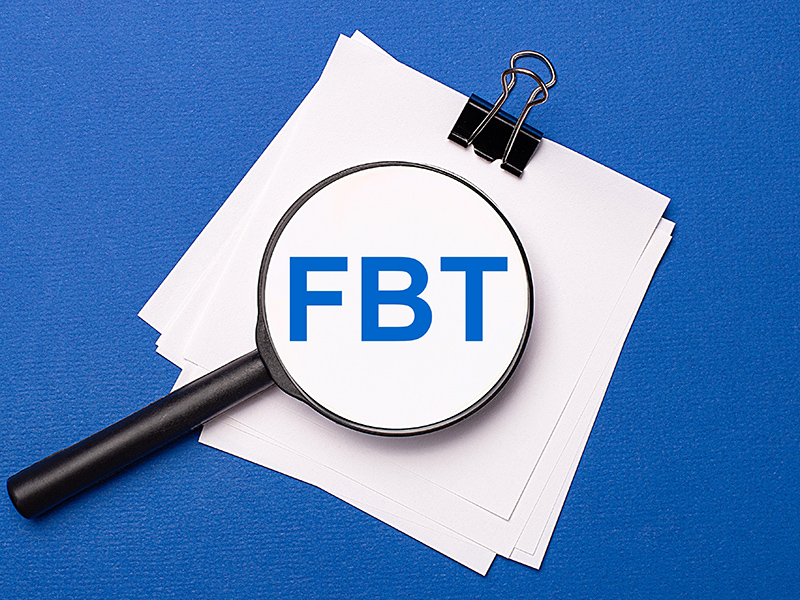
Increased scams this tax season
Much to the frustration of everyday Australians, business owners and law enforcement authorities, cybercriminals and scammers continue to step up their efforts around tax season.
This year tax scams have been so prevalent that the Australian Tax Office (ATO) has had to issue a warning to remind people to be extra vigilant. The ATO has reportedly received close to 20,000 reports of scams since July last year, and says a spike in scam activity is expected as we enter the new financial year.
What does a tax scam look like?
Every year, scammers start using increasingly sophisticated methods of communication.
For example, you may receive a text message or email that looks like it is from your MyGov account or the ATO. The message will include a link that may look authentic but if you click on it and log in, you may find your actual account details are compromised.
Messages are usually created to trigger excitement or fear; for example it may say you or your business owe money and legal action is imminent. It could also claim there is a sum coming your way due to a rebate or oversight. Subject lines could also say something like ‘Your tax return has failed to process’. These types of messages can prompt you to click without thinking.
Other examples of tax scams seen in 2023 include:
- Scammers call individuals and tell them to repay their tax debt by purchasing gift cards or debit cards and transferring them. The ATO has very clearly stated that it would never ask people to do this.
- Scammers reach out to people through social media and offer to help with their tax return, then access their personal information and use it to drain bank accounts. Some scammers may impersonate an existing accounting firm in order to do this.
Government responses to tax scams
The Government is taking action to reduce the number of people who lose money to scams.
If you believe you have been scammed or someone has attempted to access your information or money, you can submit a report to the ATO via this link: https://www.ato.gov.au/reportascam/#reportscam.
The Albanese Government has also announced an $86 million National Anti-Scam Centre. With the help of the Australian Competition and Consumer Commission (ACCC), this will bring together experts from government and the private sector to tackle harmful campaigns that swindle people out of their money.
How to avoid being scammed at tax time
If you want to avoid allowing a scammer to get hold of your money or personal information, the general rule of thumb is to be extremely cautious before you click on a link that you receive via email or text, and to look at a website carefully before you log in.
Ideally, you should activate two-factor authentication, which means you can only access your MyGov or ATO account after receiving a code via text message. This is a great way to protect yourself because only you can access that code (never give it to anyone over the phone) and people can’t log into your account if they have the basic details.
Experts also remind individuals to be very wary about sharing personal information if they receive a call from someone who says they represent the tax office. When in doubt, it’s best to call back yourself on an official number and ask whether or not the ATO has been trying to get in touch.
It is extremely unlikely that you would ever be asked for passwords and login information by anyone from the tax office. Questions like this are red flags that you’re actually on the line with a scammer.
Three more tips for avoiding tax scams in 2023 include:
- Listen for pauses and communication dropouts over the phone; this is an indicator that someone is calling from an overseas location and not the tax office. If you do receive a suspicious call, block the number so they can’t ring you again.
- You can also look at someone’s account if they contact you through social media. If it is a ‘dummy’ or clone account, it won’t have signs of genuine activity. You can also check on platforms like Instagram or Twitter for a blue verification tick, which confirms an organisation is legitimate.
- If someone reaches out to you through social media, hang up and call the business directly to ask if they have been in touch. Do some research to check if it is a legitimate organisation.
The final advice is to proactively let your accounting team handle tax matters for you. This way, they will relay any messages that come through and you’ll have better peace of mind about who you are communicating with. You can authorise your accountant to receive communications on your behalf and if you have funds coming or owe a significant amount they will be the ones to let you know.
AFS & Associates are your partners in providing peace of mind. Get in touch if you require assistance this tax season.



